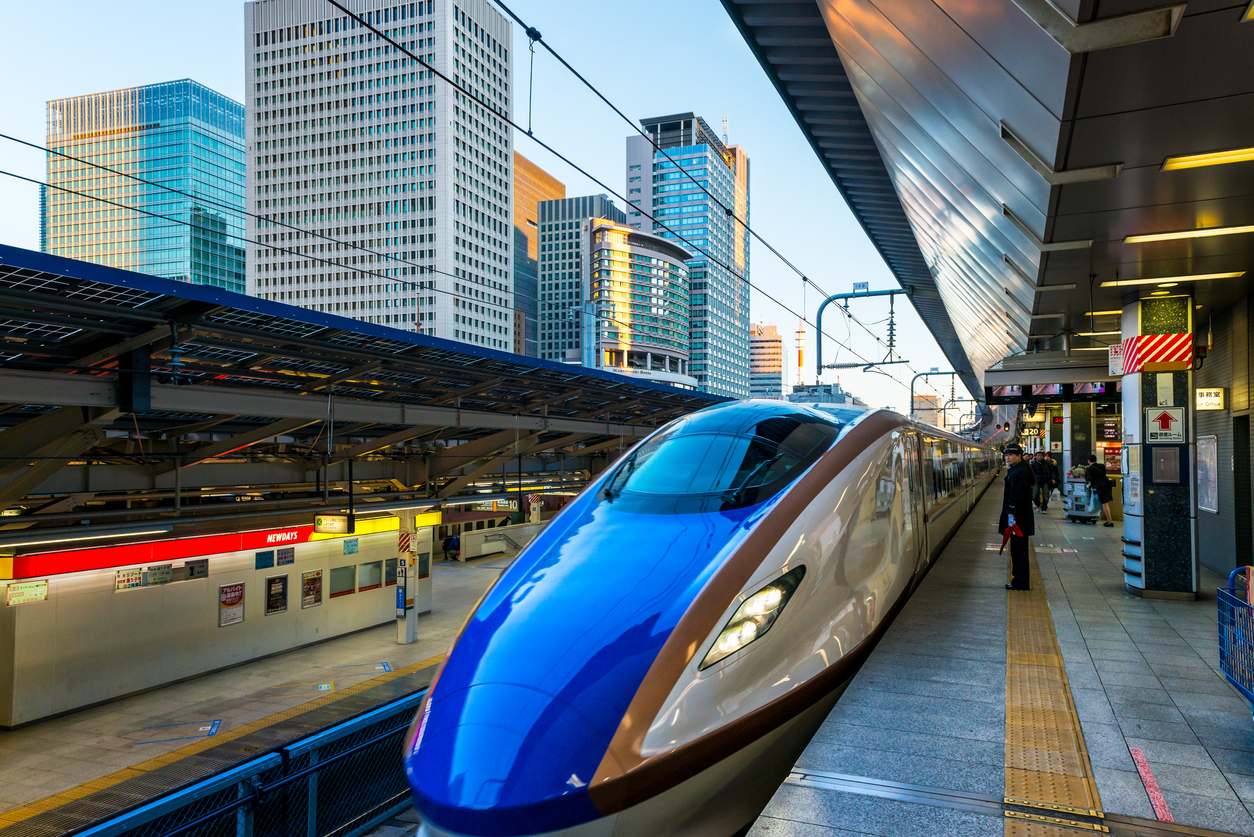
India’s bullet train project could be delayed by at least five years
The 508-km Mumbai-Ahmedabad High Speed Rail Corridor is being constructed with an 80% loan from Japan at 0.1% interest and a 15-year moratorium, with the system to be built mostly with Japanese technology on the lines of the Shinkansen.

India’s first bullet train project is set to be delayed by around five years, stuck as it is on multiple fronts – from low participation by Japanese companies to tenders being cancelled because of steep rates quoted by bidders.
A report in The Indian Express says the Indian Railways now expects the project to be commissioned by October 2028, instead of the original December 2023. The revised timeline came following talks with the Japanese team working on the project.
The 508-km Mumbai-Ahmedabad High Speed Rail Corridor is being constructed with an 80% loan from Japan at 0.1% interest and a 15-year moratorium, with the system to be built mostly with Japanese technology on the lines of the Shinkansen.
India had been keen on opening at least a portion of the project by August 2022 to coincide with 75 years of Independence. The railways officially maintains that the original timeline is still in place.
“As per the feasibility study, the target date for the completion of the project is December 2023,” said a spokesperson for the National High Speed Rail Corporation Limited (NHSRCL), the implementing agency, which was set up in 2016 with equity participation by the Rail Ministry and the Maharashtra and Gujarat governments.
The Express report said it has learnt that the tender for the most crucial section — a 21-km underground stretch, including a 7-km section under the sea near Mumbai – has not found Japanese participation and could not be finalized in the first attempt earlier this year.
In many of the 11 tenders originally meant to be executed by Japanese firms, the prices quoted were up to 90% higher than estimates indicated by the project consultants. India has refused to accept the huge escalation, the report said.
The construction of the 21-km stretch alone would require large, advanced boring machines that would employ a special technical method to safeguard a flamingo sanctuary in Maharashtra. This would require over 60 months to complete, as per latest assessments.
Rolling stock procurement is another area of concern. The Japanese say only Kawasaki and Hitachi are eligible to supply the trains. But, it was found out that these companies could jointly submit only one bid, leading to a single-tender situation, which the Indian side wants to either avoid or a call to be taken “at the highest level.”
The stepping down of Japanese Prime Minister Shinzo would not officially affect the deliberations, the paper said. It was Abe’s personal rapport with Prime Minister Modi that helped push the project in many critical areas.
According to the original feasibility study, work was supposed to have started by December 2017. But currently, only about 100 hectares of the required 430 hectares have been acquired in Maharashtra. In Gujarat, owing to active support of the state government, the process to acquire close to 1,000 hectares will be complete by the year-end.


